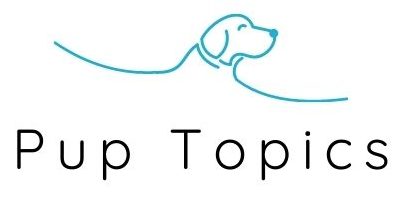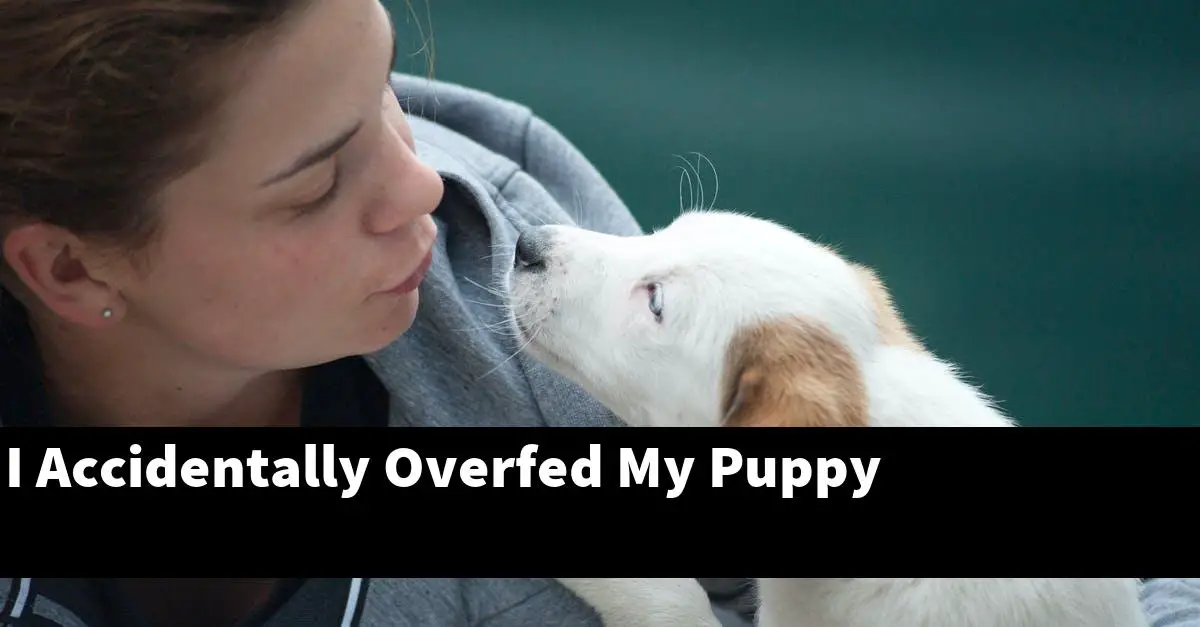What happens when you accidentally overfeed your puppy?
What should you do if you accidentally overfeed your puppy?
If you accidentally overfeed your puppy, you should immediately stop feeding them and contact your veterinarian.
The author of the article is discussing their experience of overfeeding their puppy and what they learned from the situation.
Table of Contents
How do I know if I have accidentally overfed my puppy?
If you are unsure whether or not you have overfed your puppy, there are a few things you can look for. First, check to see if your puppy’s stomach is distended. This is a sign that your puppy’s stomach is full and he may be uncomfortable.
You will also want to check your puppy’s stool. If it is soft or runny, this may be a sign of overfeeding. Lastly, if your puppy is lethargic or not interested in playing, this may be a sign that he is feeling full and sluggish. If you are ever unsure, it is best to err on the side of caution and consult your veterinarian.
What are the consequences of accidentally overfeeding my puppy?
Overfeeding your puppy can have a number of consequences. First, your puppy may become overweight or obese. This can lead to a number of health problems, including joint problems, diabetes, and respiratory difficulties.
Additionally, overeating can cause your puppy to have digestive issues, such as diarrhea or vomiting. Finally, your puppy may become spoiled and difficult to train if he or she is used to getting too much food.
How can I avoid accidentally overfeeding my puppy?
Puppies need to eat more frequently than adult dogs because they are growing and their metabolisms are faster. The general rule of thumb is that puppies should eat two to three times as much as an adult dog of the same breed.
For example, a 10-pound puppy should eat about 20 to 30 ounces of food per day, while a 20-pound puppy should eat 40 to 60 ounces.
Overfeeding a puppy can lead to obesity, which can cause joint problems, respiratory difficulties, and other health issues. It is important to control the amount of food your puppy eats and to make sure they are getting the right nutrition.
One way to avoid overfeeding your puppy is to feed them smaller meals more often throughout the day. This will help them regulate their food intake and prevent them from overeating. You should also make sure that you are not overfeeding them by giving them too many treats.
Another way to avoid overfeeding your puppy is to measure their food and use a consistent measuring cup or scoop. This will help you gauge how much food your puppy needs and prevent you from giving them too much.
Finally, you should always consult with your veterinarian to determine how much food your puppy needs. They can help you create a feeding schedule and recommend the right type of food for your puppy.
What should I do if I accidentally overfeed my puppy?
If you accidentally overfeed your puppy, the best thing to do is to immediately stop giving them food and contact your veterinarian. Overfeeding can cause serious health problems in puppies, including obesity, pancreatitis, and gastrointestinal issues.
If your puppy is showing any signs of illness, such as vomiting, diarrhea, or lethargy, please seek professional medical help right away.
What happens if a puppy is overfed?
If a puppy is overfed, it may suffer from health problems such as obesity, joint problems, and heart disease. Puppies who are overfed are also more likely to have problems with their teeth and gums.
How do you treat an overfed puppy?
If you believe your puppy is overfed, schedule an appointment with your veterinarian. They will be able to help you determine if your puppy is truly overfed and, if so, create a weight loss plan.
There are a few things you can do at home to help an overfed puppy lose weight. First, cut back on the amount of food you are giving them. Slowly decrease the amount of food over a period of a few weeks. You can also increase the amount of exercise your puppy gets. Take them on long walks or runs and play with them more often.
If your puppy is carrying around extra weight, it can put a strain on their joints and cause health problems later in life. Help your puppy lose weight now and they will be able to enjoy a long and healthy life.
How do I know if I overfed my puppy?
If your puppy is gaining weight too quickly, it’s possible you are overfeeding them. To avoid this, pay attention to your puppy’s body condition score (BCS). This is a 5-point scale used by veterinarians to assess the amount of fat on a dog’s body.
A dog with a BCS of 1 is very skinny, while a dog with a BCS of 5 is obese. You should aim for a BCS of 3 for your puppy.
If your puppy’s BCS is 4 or 5, they are definitely overweight and you need to cut back on their food. If their BCS is 3, they are of normal weight. If their BCS is 2, they may be a bit too skinny and you may need to feed them a bit more. If you’re not sure what their BCS is, ask your veterinarian.
Another way to tell if you are overfeeding your puppy is by observing their stools. If their stools are soft or runny, it’s a sign they are eating too much. This is because their digestive system is not able to process all the food they are eating.
If you think you are overfeeding your puppy, cut back on their food gradually. For example, if you are currently feeding them 3 cups of food per day, reduce it to 2.5 cups per day. If their stools are still soft or runny, reduce their food even further. It’s important to make these changes gradually so you don’t shock their system.
If you have any concerns that you are overfeeding your puppy, or if they are not gaining weight, consult your veterinarian.
Conclusion
If you have a puppy, it’s important to be aware of how much food they need each day. Overfeeding your puppy can lead to health problems later on in life. If you’re not sure how much to feed your puppy, ask your veterinarian.


